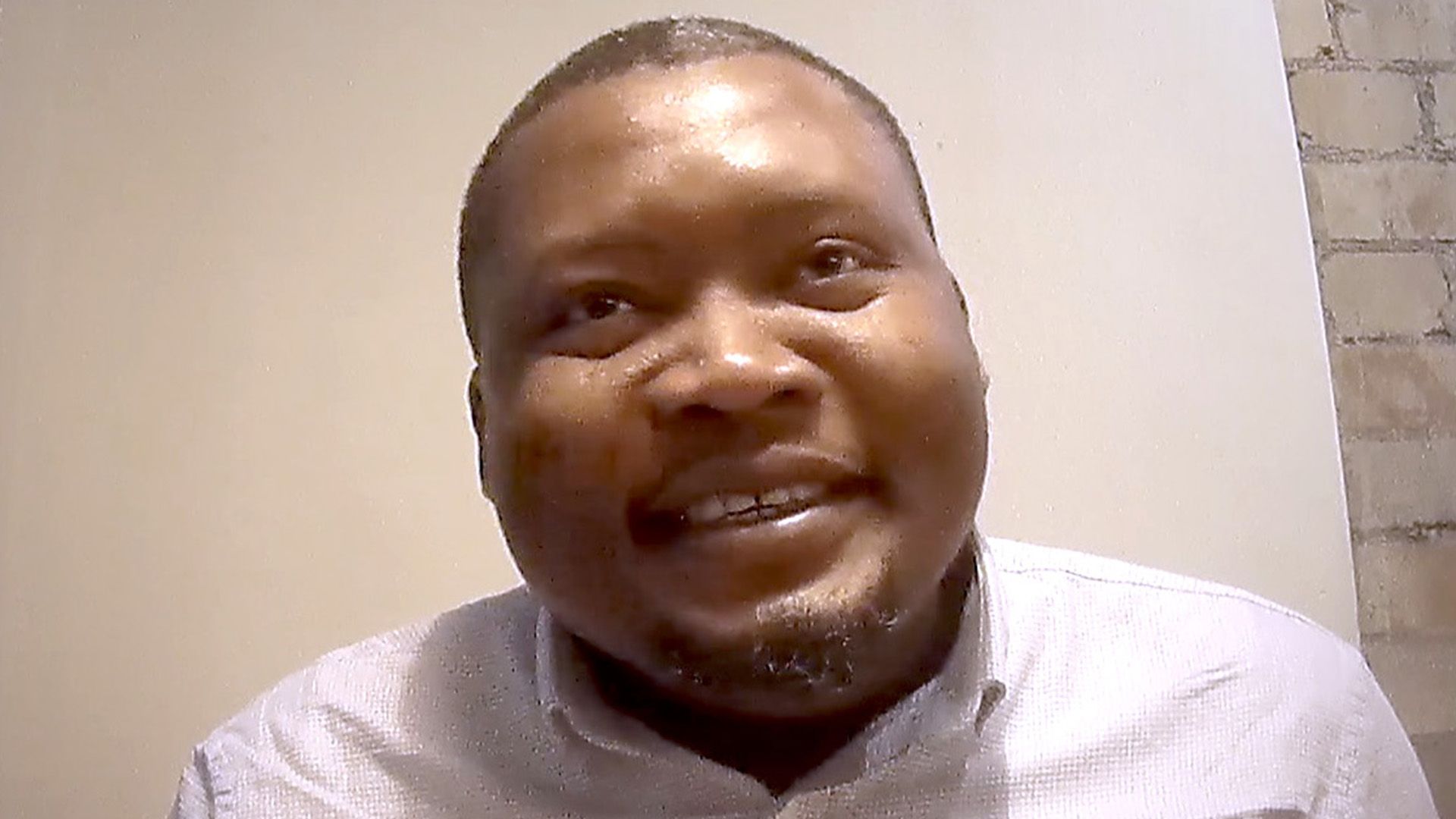A Tanzanian official on Tuesday called on African broadcasters to stick on creating and developing quality and attractive local content which reflects regional’s economic, sociopolitical and cultural aspirations.
Tanzanian minister for Information, Youth, Culture and Sports Fenella Mukangara made the call in Arusha when speaking at the Commonwealth Telecommunications Organisation (CTO) Digital Broadcasting Switchover Forum (DBSF).
“The main challenge facing African countries is on creation and development of quality and attractive local content which reflects Africa’s economic, sociopolitical and cultural aspirations,” she said, calling on players in the broadcasting industry to work on the challenge.
She expressed her expectation that this year’s forum will review the special position of African countries with regard to their capacity to produce adequate quality content and come with strategies to fill up the hundreds of digital channels that exists to countries who have switched off the analogue transmitters.
The minister also urged broadcasters in the continent to ensure that they create enough space for local content to fill up numerous channels that are available now as a result of digitisation.
“Africa has many good things that need to be amplified through digital technology for the well-being of Africans,” she said.
Mukangara noted that local content is one of the critical issues that need to be discussed by different stakeholders across Africa.
“Most of the television screens in Africa are full of foreign content and especially with the advent of digital broadcasting which has capability to offer hundreds of channels to viewers,” she said.
“There is a need for investing on creation of content that will educate our societies, particularly children on science, technology and social issues instead of concentrating on entertainment,” she suggested.
Francis Wangusi, director general of Communications Commission of Kenya, said Africa has no option rather than switching off analogue signals and get into digital broadcasting.
He said Kenya was in very advanced stages when it comes to migrating into digital technology and will beat the 2015 deadline.
CTO Secretary-General Tim Unwin said that the migration to digital broadcasting offers diverse of opportunities that need to be exploited.
He said that the poor and marginalised communities will benefit a lot from new technological shift in broadcasting industry across the continent.
John Nkoma, Director General of the Tanzania Communications Regulatory Authority (TCRA), said Tanzania was moving well towards the second phase of switching off analogue transmitters.
DBSF 2014 is meant to assess the status of implementation on what was agreed in Geneva, 2006.
The meeting is attended by experts in broadcasting industry from 25 countries in and outside Africa.
– Nampa-Xinhua
Stay informed with The Namibian – your source for credible journalism. Get in-depth reporting and opinions for
only N$85 a month. Invest in journalism, invest in democracy –
Subscribe Now!










